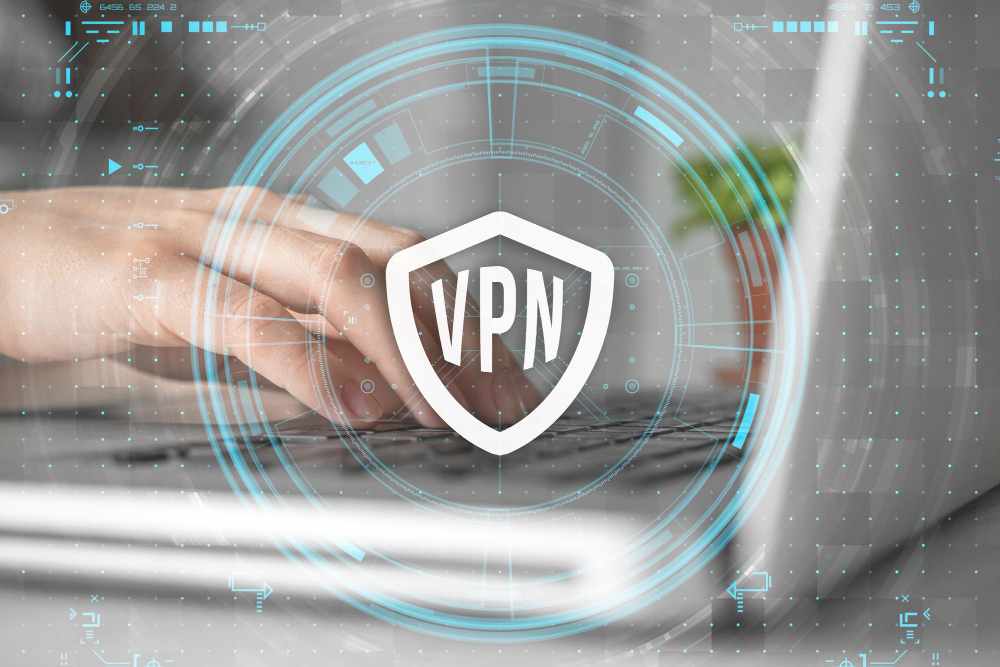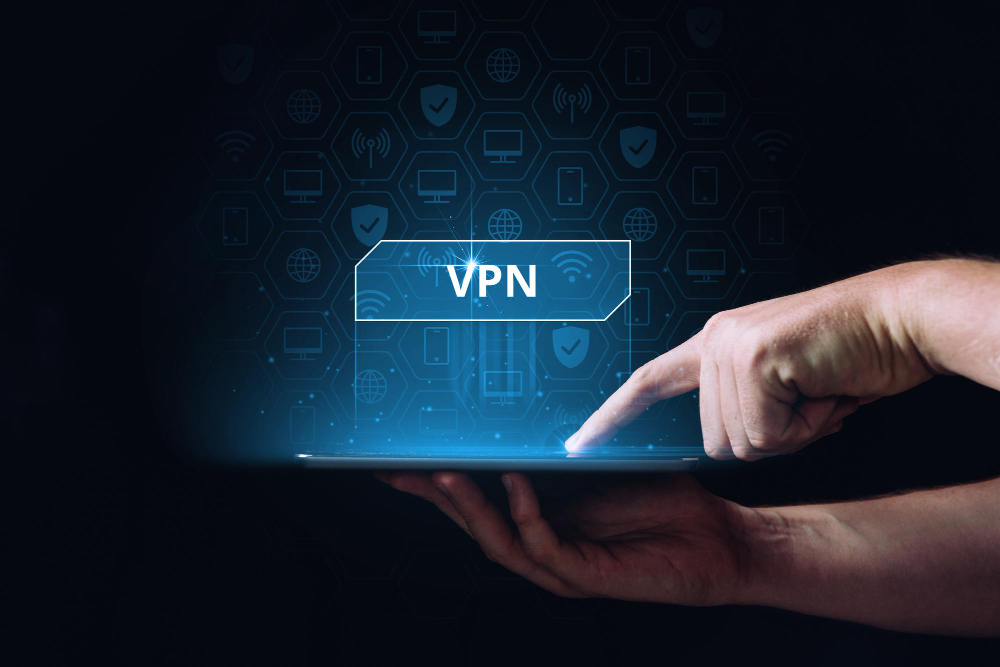What is a VPN?
When browsing, shopping, or online banking, a VPN encrypts your connection and keeps you anonymous. By allowing the network to route your IP address through a specifically set-up distant server operated by a VPN host, a VPN can conceal your IP address. In other words, if you use a VPN to browse the internet, the VPN server becomes the source of your data.
Your internet data transmission is concealed by a VPN connection, which also shields it from prying eyes. Anyone with network access and the desire to examine it may access unencrypted data. Hackers and online criminals are unable to decode this data when using a VPN.
Are Free VPNs Safe?
Your data is more likely to be tracked with free VPNs. According to the CSIRO survey, just 28% of free services follow customers’ internet behavior, compared to 65% of premium VPN providers.

Free services must generate revenue somehow. How else do they get money to sustain the goods they offer if they don’t charge you to utilize their service?
A free VPN service is nearly always a malware-filled data snoop, and safe VPNs are expensive for businesses to operate and maintain securely. With a VPN market this competitive, there is no better way to locate the proper match for you than to stick to trustworthy suppliers by testing out free versions of safe goods. And it’s preferable to give your login information and browser history to an unreliable organization.
What to Consider?
1. VPNs Can Slow Down Your Connection
Some providers who offer free and premium versions of their VPNs may slow down your online speeds. This is one of the oldest tactics of forcing free users to upgrade to premium versions.
Also, Free VPN services are typically overloaded since there is a very small server network. Due to this, VPN customers experience extremely poor VPN connection speeds.
2. They Can Allow Online Ads
Free VPN companies must generate revenue, and many do this by bombarding users with pop-up adverts regularly. This might affect your connection speed in addition to being irritating.
You can be tracked online by ad-serving trackers, which are used by certain free VPN services. This allows them to serve custom advertisements based on your preferences.
3. VPNs Can Use Embedded Tracking
For instance, ad tracking occurs when businesses use cookies and other monitoring technologies to follow you online and learn about your interests and activity to show you more relevant, targeted adverts.

Only 28% of free VPN services, according to a survey, don’t employ inbuilt third-party trackers for analytics, tracking, or advertising. The survey found that 10% of free services used just one tracker, 10% used two, and 25% used three or more.
4. VPNs May Restrict Your Bandwidth
Internet service provider (ISP) throttling is the purposeful, covert restriction of your internet capacity or speed. Internet throttling causes speeds that are lower than what your ISP ought to be providing.
Nearly 90% of free VPN services have bandwidth restrictions on users’ accounts. It is virtually difficult to transmit enough streaming content due to these bandwidth limitations. Since the bandwidth is allocated every month, you must wait until the following month to get a bandwidth renewal once the given amount has been used up.
Conclusion
Even though free VPNs seem tempting to use, keep in mind that many of them do not provide the full service and functionality a VPN should provide. Do your research on a VPN you like and see if they are worth it. Most of the time, it is just a better option to use free trial options provided by reputable VPN providers. Most of them provide these free trials due to intense competition.
Also, read How Secure Is a Vpn? What Are Its Benefits?
